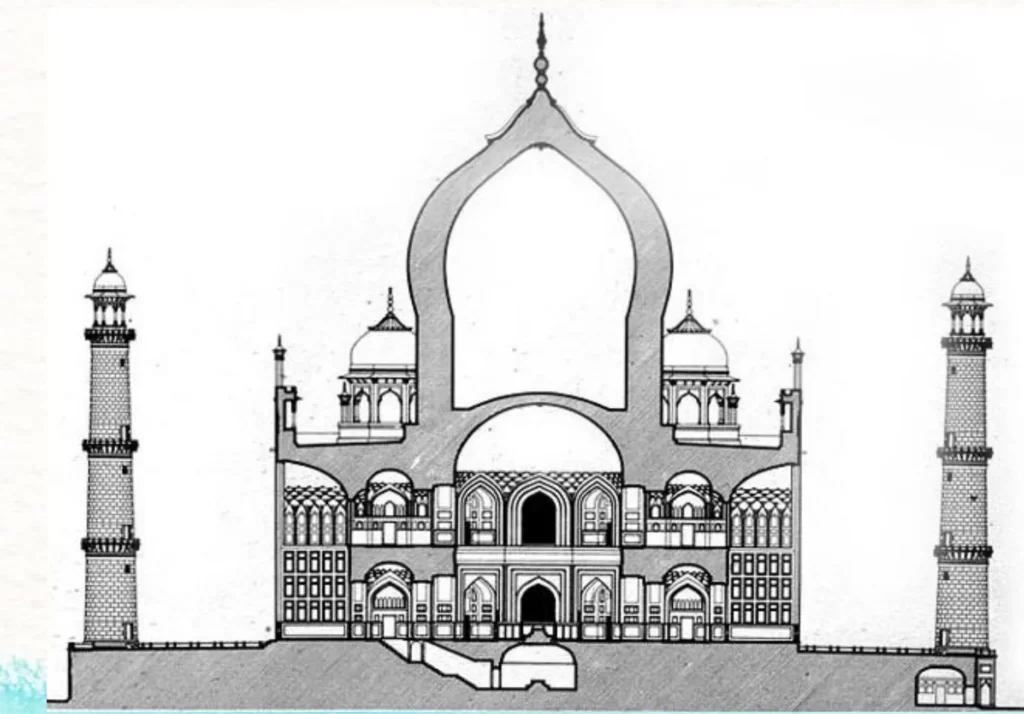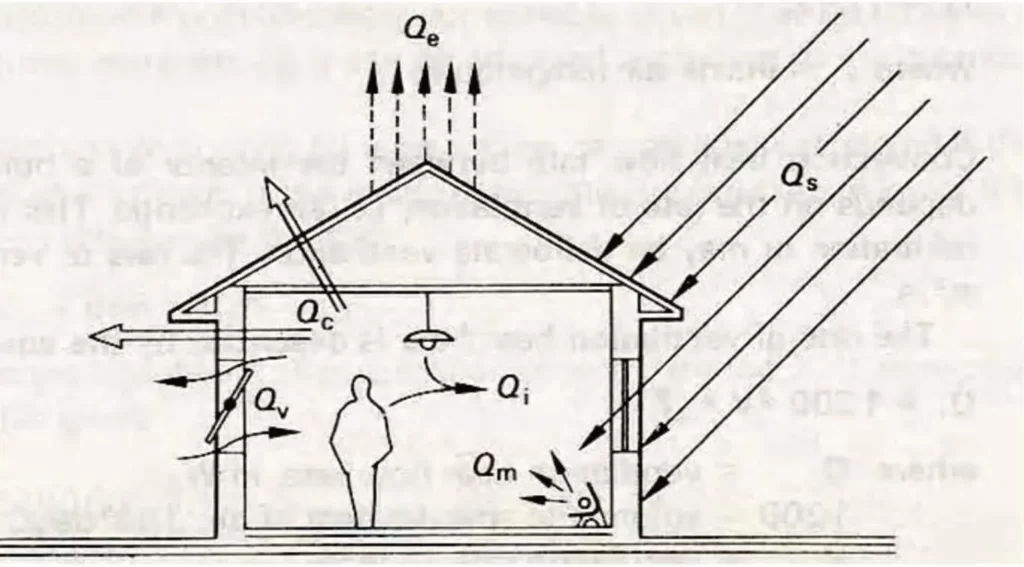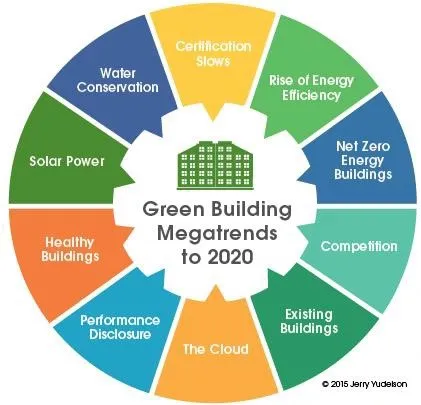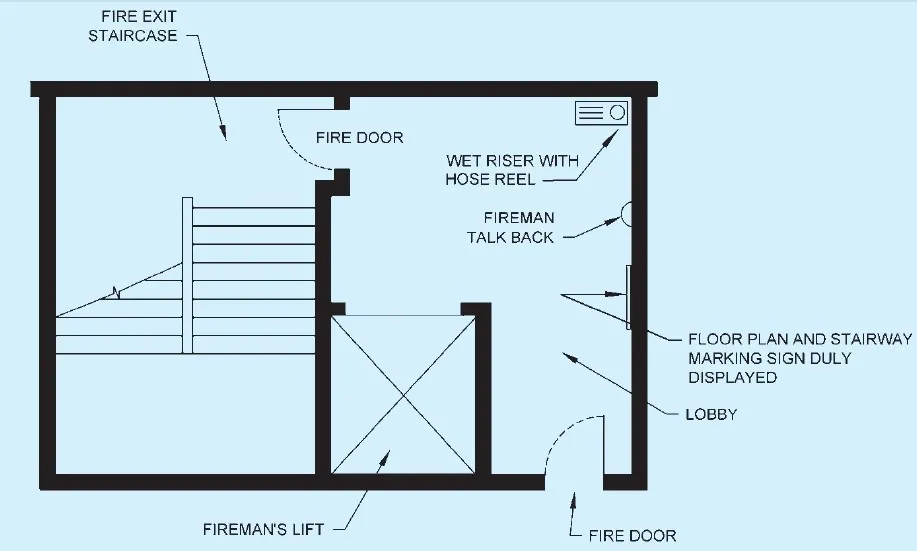WELCOME TO
ALL ABOUT ADVANCE ARCHITECTURE
Architectural information for beginner architects and students
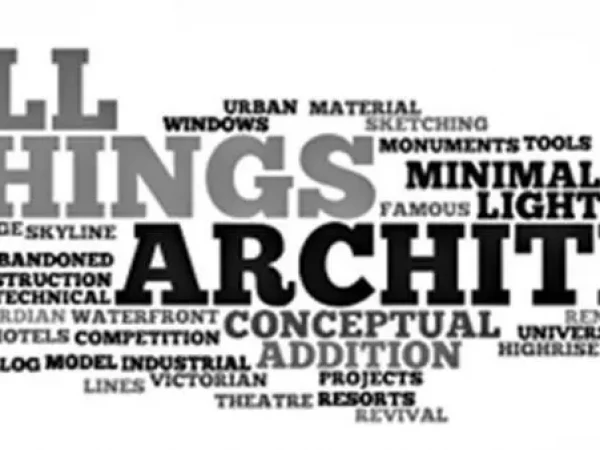
WHAT IS ARCHITECTURE
Architecture refers to the design and planning of buildings and structures, taking into account factors such as aesthetic appeal...
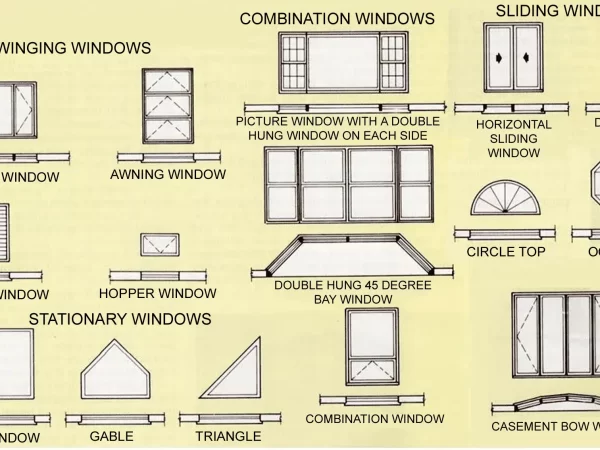
ARCHITECTURAL DRAWING SYMBOL
A architectural drawing symbol is a graphical representation used in architectural drawings to represent specific elements of a building...

RELATIONSHIP OF PLAN ELEVATION AND SECTION
Designing (Relationship of plan elevation and section) happens in a studio/office of an architect. This however has to be transferred...
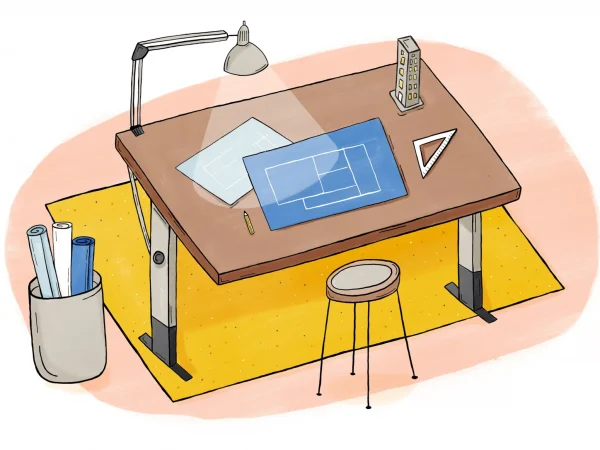
ARCHITECTURAL TERM AND DEFINITION
A lot of beginner architectural students have problems with architectural terms, and it's really essential that you understand them...
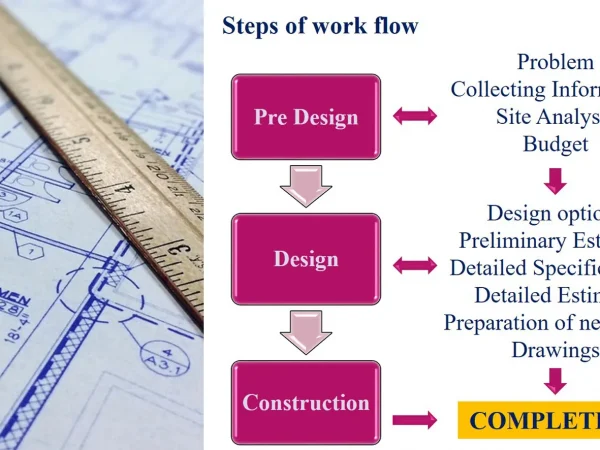
MAKING OF GOOD FOR CONSTRUCTION DRAWING
Construction drawings are essential documents that communicate design intent, building materials, and construction methods to contractors...

CLASSIFICATION OF BUILDING BASED ON OCCUPANCY
In India, the classification of building based on occupancy is determined by the National Building Code of India (NBC)...
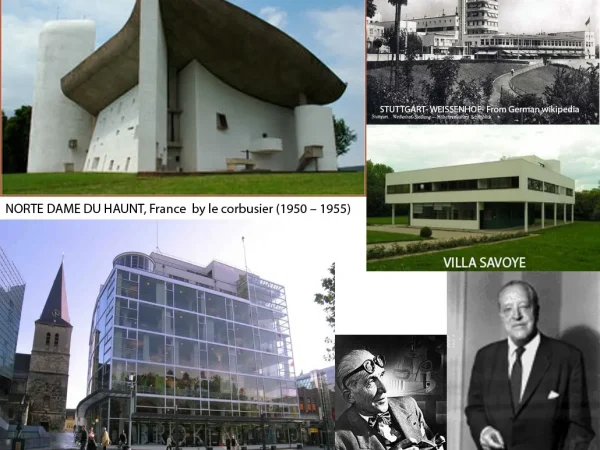
INTERNATIONAL STYLE OF ARCHITECTURE
The International Style of Architecture, also known as the Modernist Architecture, emerged in the 1920s and 1930s and was characterized...
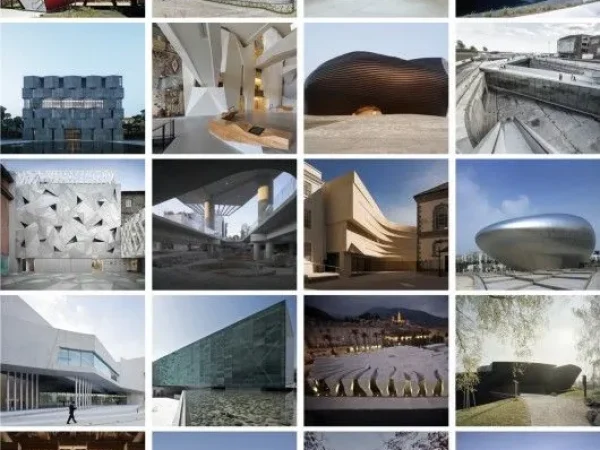
MODERN ARCHITECTURE
Modern Architecture is a style and design movement characterized by simplicity, functionality, and the use of industrial materials...

IMPORTANT FACTORS FOR SITE SELECTION
Site selection is the first step in construction of a house for residential use. Since a house is an asset for a life time for most people…
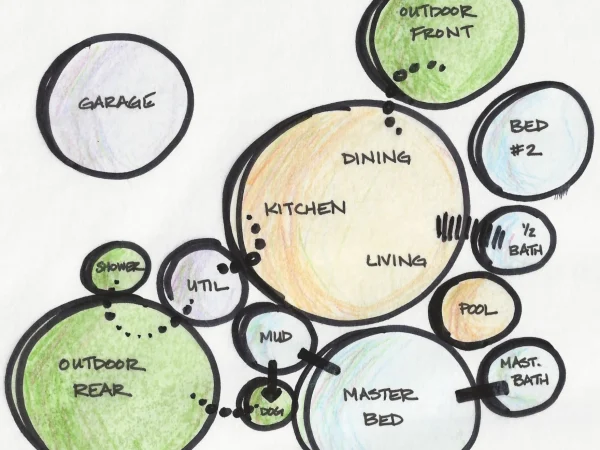
INTERRELATIONSHIP OF SPACES
The interrelationship of spaces in architecture refers to the way in which different spaces within a building are connected...

CIRCULATION IN ARCHITECTURE
Circulation in architecture refers to the movement of people within a building or structure, including the paths, spaces...
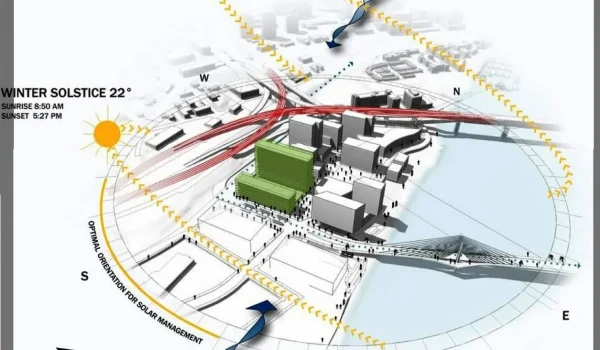
SITE ANALYSIS
Site analysis in architecture refers to the evaluation of a specific location or piece of land for its suitability for architectural design and development...
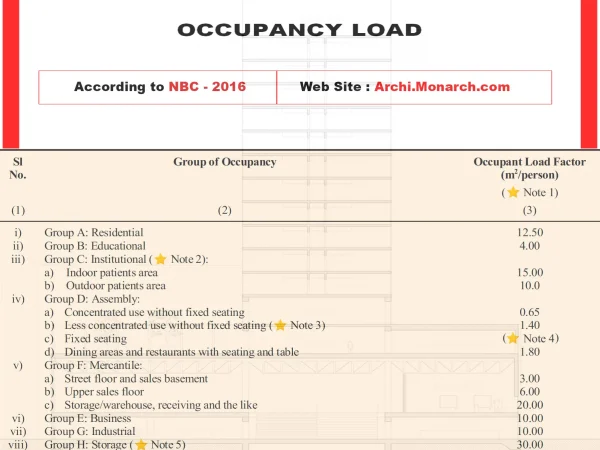
OCCUPANT LOAD CALCULATION
Occupant load calculation is the process of determining the maximum number of people that a building, room or space can accommodate safely...
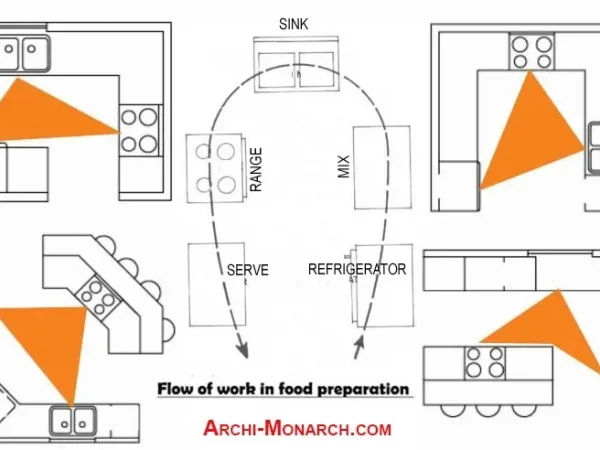
KITCHEN DESIGN
The kitchen is not a specialized workroom, for it has many uses. It is used for preparation of meals, food preservation, storage of food…

ERGONOMIC KITCHEN DESIGN
Ergonomic kitchen design refers to the arrangement and configuration of a kitchen space that takes into account the comfort and efficiency...
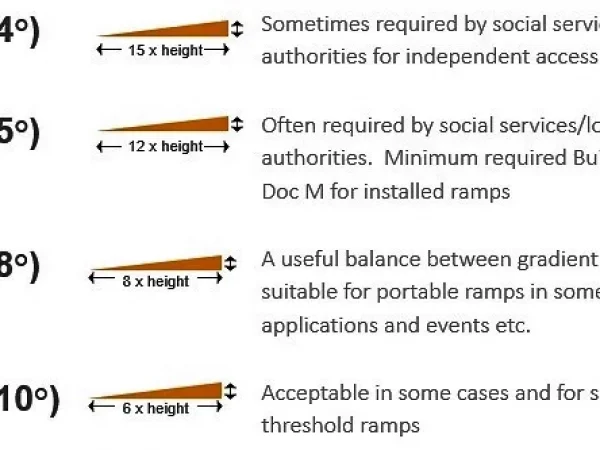
RAMP DESIGN
A ramp is a sloping pathway leading from one level to another. Ramps of an appropriate design shall be provided at all changes in level…
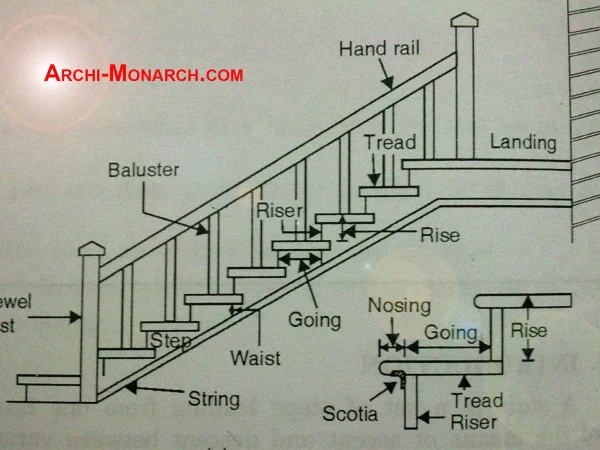
STAIRCASE DESIGN
A staircase design is a layout for a set of steps that connects different levels in a building. It can be made from various materials...
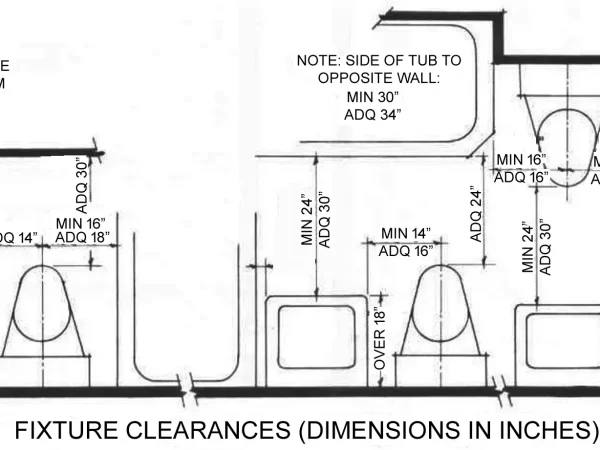
TOILET DESIGN
In architecture, toilet design plays an important role in the overall design of a building. Architects must consider a range of factors...
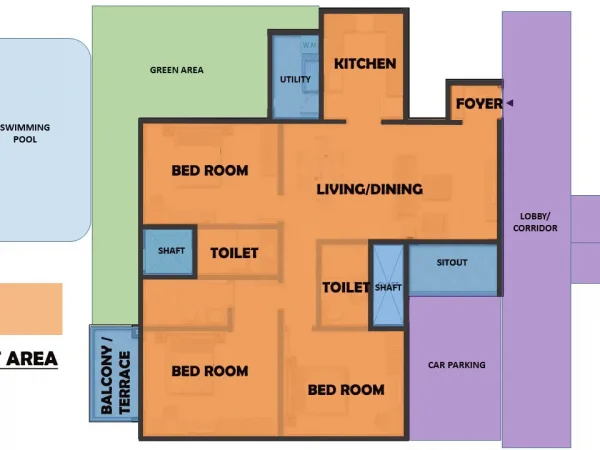
CARPET AREA, BUILT-UP AREA AND SUPER BUILT-UP AREA
In architecture, Carpet Area, Built-up Area, and Super Built-up Area are terms used to describe the size of a building or...
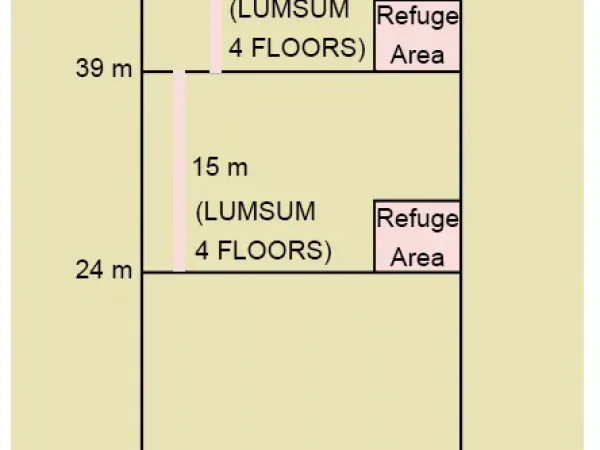
REFUGE AREA
A refuge area refers to a designated safe place or zone, usually in a building, where people can go in case of an emergency...
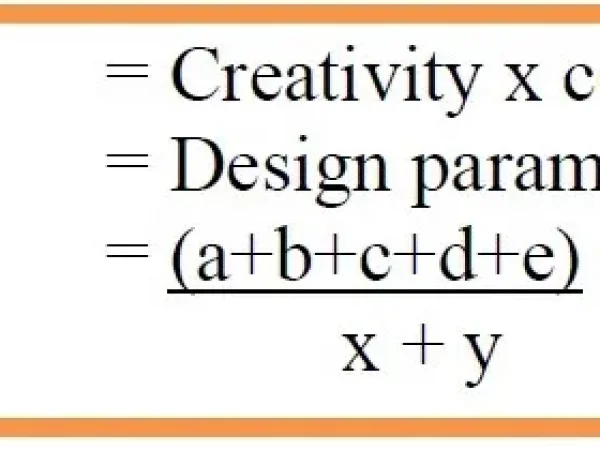
FLEXIBLE FAR
A "Flexible FAR" allows for some variation in the FAR for a given development, typically through bonuses for certain design features...

GENERAL BUILDING REQUIREMENTS
General building requirements refer to the minimum standards and guidelines for the various elements and spaces within a building...
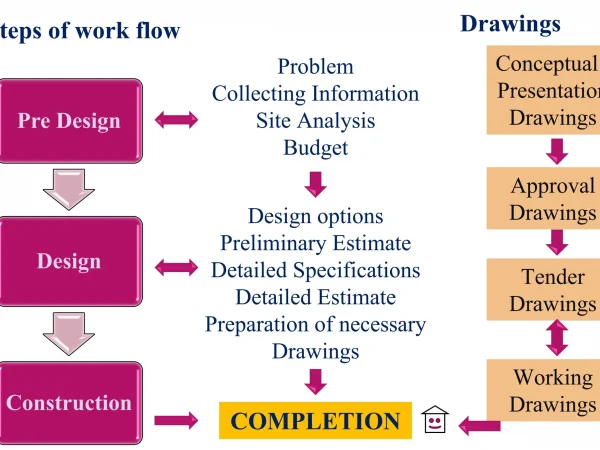
SPECIFICATIONS IN ARCHITECTURE WORK
Architectural specifications are a crucial part of the architectural design process. They provide a detailed description of the materials...

SPECIFICATION ON EARTHWORK IN EXCAVATION
Earthwork in excavation refers to the process of moving and shaping the earth's surface for construction purposes...

SPECIFICATION ON CARRIAGE AND STACKING OF MATERIAL
The specifications for the carriage and stacking of materials refer to the guidelines and standards that must be followed...

SPECIFICATION ON BRICKWORK AND CONCRETE
Brickwork and concrete are two important construction materials that are commonly used in the building industry. The specification...
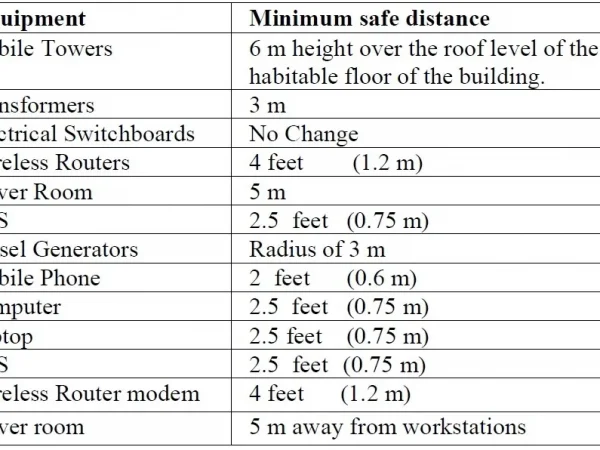
PLACEMENT OF ELECTRIC EQUIPMENT IN BUILDING
The placement of electrical equipment in a building is an important aspect of electrical design and safety. It involves the careful...
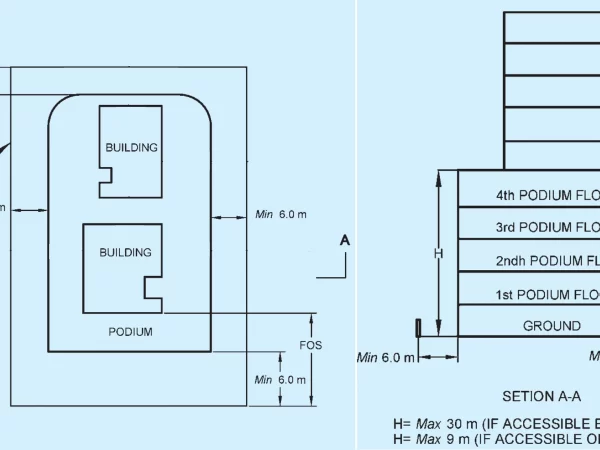
GUIDELINES OF PODIUM DESIGN
Podium design guidelines can vary depending on the specific context and purpose of the podium. However, here are some general guidelines...

FURNITURE ARRANGEMENTS
Furniture arrangement is an important aspect of interior design, as it can greatly impact the look and feel of a room...
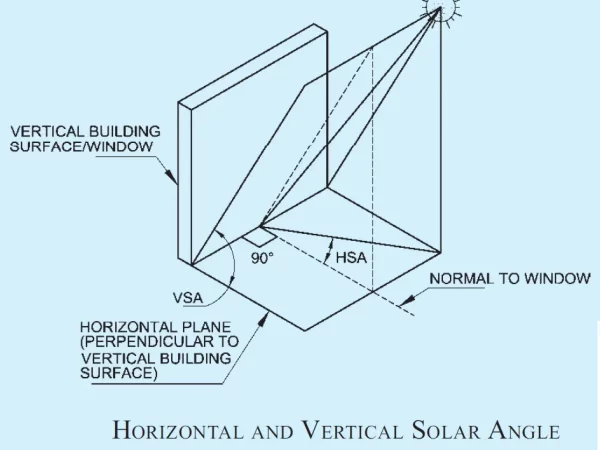
WINDOW DESIGN GUIDELINE
Window design guideline for non-conditioned/mixed mode buildings. The following may be considered in selection of type of windows...

ROOFS IN ARCHITECTURE
Roofs play a significant role in architecture, both functionally and aesthetically. They provide shelter, protect the building...
